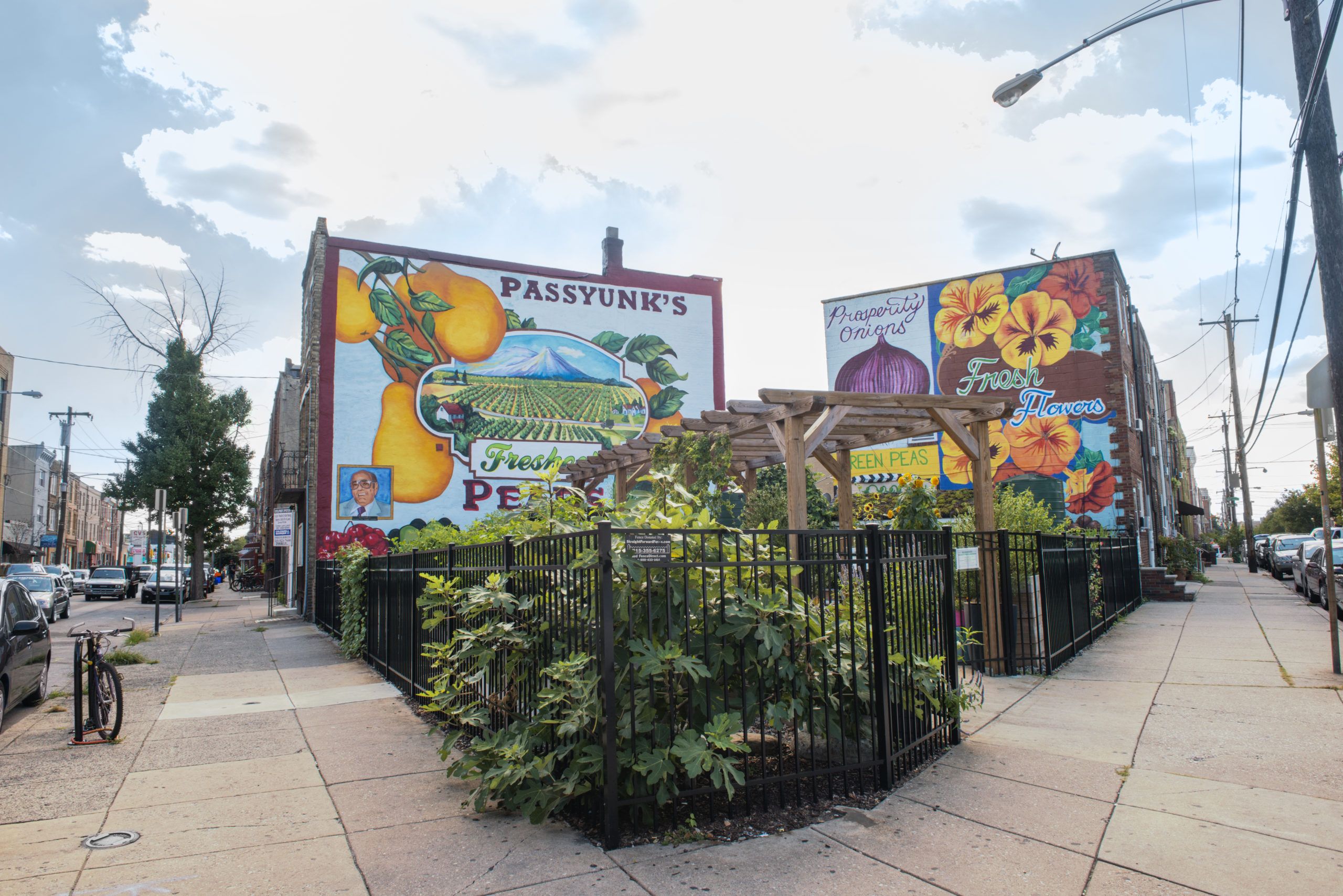Firearm violence prevention through community-engaged vacant property reuse: Application of Busy Streets Theory in Detroit

The proposed study will examine different types of vacant lot reuse (e.g., community gardens, pocket parks, green infrastructure), as a strategy for preventing firearm violence in Detroit, MI, a city with elevated rates of firearm violence. The study will test whether higher levels of community engagement enhance preventive effects of vacant lot reuse on firearm violence through site surveys and in-depth case studies of effective reuse strategies.
Abstract
Vacant lots, when left untended, become liabilities for communities with consequences for crime and violence, including firearm violence. In Detroit, high vacancies may contribute to rates of firearm-related homicide that are more than seven times the national average. A growing body of evidence suggests that remediating and improving vacant lots is a promising strategy to reduce violent crime and firearm assaults. Researchers have also shown that community engagement in stewardship to improve vacant lots may be a critical component to sustain efforts and improve violence reduction outcomes. Yet, researchers have examined a relatively narrow range of greening strategies including simple lot remediation (e.g., removing trash & debris) and installation of small-scale lot treatments (e.g., planting trees, installing split rail fencing), and have largely not explored the effect of engaging residents in this process. Further, there is a lack of research on how these efforts may prevent firearm violence, specifically.
The purpose of this study will be to examine firearm incidents and injury occurring near vacant lot reuse project sites in Detroit, Michigan where community-based organizations have reclaimed vacant lots for productive purposes. In partnership with local land reuse organizations, we will identify approximately 200 project sites across the city from four categories of vacant lot reuse, including urban agriculture, green infrastructure, pocket parks, and place-making. The project team will test the hypothesis that vacant lot reuse is an effective strategy for prevention of firearm violence and compare the effects of different types of vacant lot reuse on firearm incidents and injury. We will also examine how the level of community engagement may enhance the effects of vacant lot reuse on firearm violence through site surveys and case studies of successful community engaged project sites with a reduction in firearm incidents.